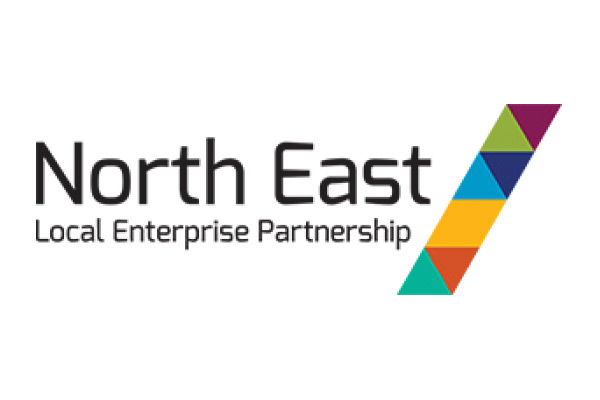Consortium to manufacture cost effective active pharmaceutical ingredients to secure the generics supply chain for the NHS

Consortium Partners

CMAC – University of Strathclyde
An international research and training hub for manufacturing that aims to transform current manufacturing processes in the medicines supply chain.

Medicines Manufacturing Innovation Centre – Centre for Process Innovation
A translational research organisation that develops and scales solutions for small molecule drug manufacture and formulation, working with universities and industry partners.

North East Pharma Limited
A company founded by senior leaders in pharmaceutical manufacturing whose aim is to innovate and grow the pharmaceutical manufacturing sector in the North East of England and that brings together pharmaceutical companies, the NHS and the North East Local Enterprise Partnership.
Pharmaceutical manufacturing in the North East of England
The sector is robust and resilient, competing globally due to its reputation for quality and timeliness in small molecule manufacture. It spans the range from big pharma (Organon, GSK) to contract research and development companies such as Arcinova and Sterling Pharmaceutical Services and comprises both primary and secondary manufacture. Data aggregated by the North East Local Enterprise Partnership (NE LEP) reports that the sector contributes £868 million directly to the regional economy and multiplier effects suggest a wider impact of £1.5 billion regionally.
There are 73 pharmaceutical and supply chain companies in the region, employing 4,100 people.
GVA per employee in the sector is the highest in the UK after offshore oil extraction. Eighty six percent of its products are exported, with a monetary value comparable to that of Nissan (based in the region); sixty four percent of its finished products are exported to the USA. The sector continues to grow its turnover with companies forecasting continuing growth in jobs; growth has been particularly strong during the covid-19 pandemic, in stark contrast to many other sectors.
The unmet need – Fragility in the generics supply chain
76% of the WHO list of essential medicines and 78% of NHS demand for medicines is satisfied by generics and biosimilars. While the covid-19 pandemic has shown supply chain fragility in sharp relief, it is agreed that it is a chronic problem in NHS procurement: the National Audit Office report into generics spending in primary care reported that supply chain fragility increased drug costs by £300 million, with ten medicines accounting for almost half of this.
The British Generics Manufacturing Association (BGMA)has proposed measures to improve the resilience of hospital medicines, including stockpiling (though it should be noted that most manufacture of the products supplied by its members takes place outside the UK). The Pharmacy Services Negotiating Committee has said that shortages are becoming more frequent and that it is ‘very concerned’.
The innovation solution – green, cost-effective manufacturing
A pragmatic approach has identified a small number of key generics of critical importance to the NHS whose supply can be safeguarded by onshore manufacture. North East Pharma Limited is developing a business plan for the commercial manufacture of a limited number of generics products of critical importance that will combine four key elements:
- The innovative manufacturing expertise of companies in the sector to include flow chemistry and biocatalysis, with an emphasis on reducing environmental impact and securing an appropriate fine chemicals supply chain..
- Partnership with CMAC and MMIC to accelerate small molecule process development that will include innovative chemistry and informatics with intermediate process scale up delivered through a jointly developed pilot manufacturing plant.
- Partnership with Newcastle upon Tyne Hospitals NHS Foundation Trust (NuTH): the Trust is one of the largest in the UK with an acknowledged high quality of care, a commitment to growing the regional economy through partnerships locally and a successful secondary manufacturing capability in its Newcastle Specials activities. Newcastle Specials formulates medicines for the Trust, for other NHS trusts and for the private sector, with a focus on secondary manufacture of medicines-outside-licence and aseptics. It is proposed that the joint venture will undertake secondary manufacture of the consortiums’s products which would be priced on a cost plus basis. An opportunity also exists to work with regional secondary manufacturers such as Accord on a commercial basis.
- Land available on existing manufacturing sites: colocation of new and innovative manufacturing capabilities at both pilot and full production will provide savings in capital cost and economies of scale in goods in, goods out and waste disposal and absorption into existing regulatory frameworks and licensing.
The business case will be completed by June 2021. The business case will address manufacturability, cost and economic benefit to the North East. A Memorandum of Understanding will be entered into by the consortium partners.
The project is funded by the North East Local Enterprise Partnership


